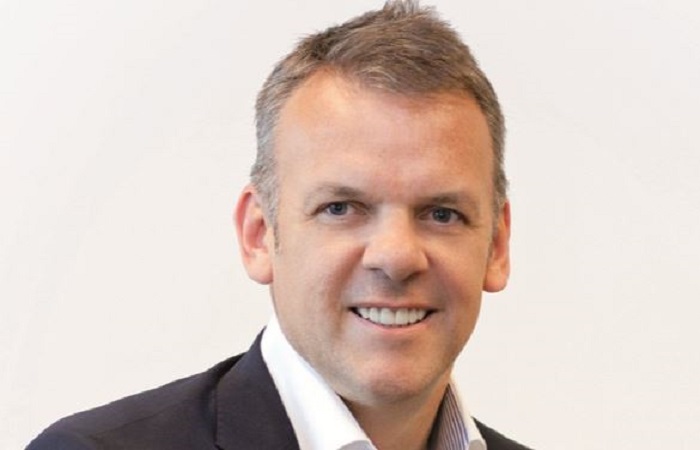
Just under half (47%) of respondents are motivated and engaged by pay and remuneration, according to research by HR management software provider ADP.
The workforce view in Europe 2018, a report that surveyed 9,908 employees across France, Germany, Italy, the Netherlands, Poland, Spain, Switzerland and the UK, also found that 22% of respondents are motivated by having a good work-life balance, 21% by their relationships with their colleagues, 18% by praise and recognition from management, and 12% by holiday allowance.
The research also found:
- 45% of female respondents are motivated by money, compared to 50% of male respondents.
- 6% of overall respondents feel that nothing motivates or engages them. This number rises to 8% among UK respondents.
- 26% of respondents based in France value work-life balance, compared to 15% of Polish respondents.
- 23% of respondents believe their workplace enables them to be at their most productive all the time.
- 30% of respondents feel so stressed that they are considering finding a new job; this increases to 37% for respondents under the age of 35.
- 27% of respondents working in Poland endure stress daily.
- 14% of respondents believe their organisation has no interest in their mental wellbeing at all.
Jeff Phipps (pictured), managing director at ADP UK, said: “UK businesses are going through a period of enormous change. Alongside the continued drive for digital transformation and the introduction of new technologies, there have been significant changes in the political landscape, such as Brexit. Change management has become the new normal for employers, yet employees are still struggling to keep up. Unsure of what the future holds, their optimism is waning, they’re unsure of their skills, and their stress levels are reaching boiling point.
“Employers have a vital role to play in reversing this worrying trend. The winners will constantly evaluate their relationship with their workforce, using transparency to build trust. They will provide development and support to build a committed workforce, able to adapt to the pace of change and prosper not just in a financial sense but also by working for organisations who demonstrate a commitment to their shared values.”